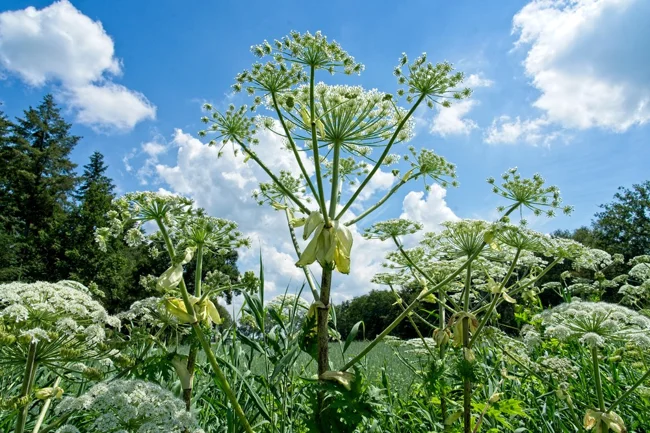Garden “invaders”: plants whose appearance on the site will cause problems (12 photos)
Everyone wants to see a landscaped garden with beautiful plants on their property. However, some of them can be more trouble than they're worth. In particular, it can spread far beyond its habitat due to its invasiveness. 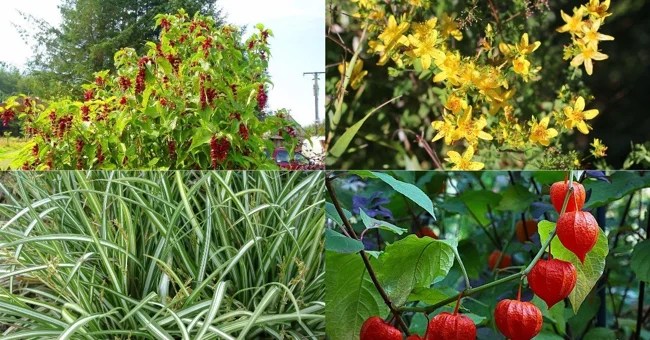
For example, strong and seemingly harmless bamboo has a very powerful root system, which, when spreading, can not only cross the boundaries of the site, but also damage the building. Fortunately, it doesn't cause us any problems. 
St. John's wort is considered a weed by many due to its rapid spread. Indeed, the seeds of the plant adapt very quickly and settle on any soil. However, the plant also has healing properties. 
Yellow loosestrife is often found in gardens and cottages due to its ease of planting and unpretentiousness. However, the plant is invasive, which means it spreads quickly. 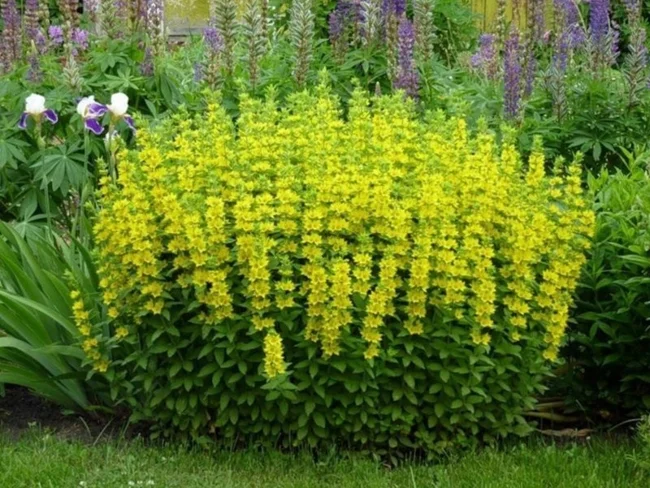
Another common plant is Euphorbia cypress, but its root system clings tightly to the ground, which makes it extremely difficult to remove the plant. 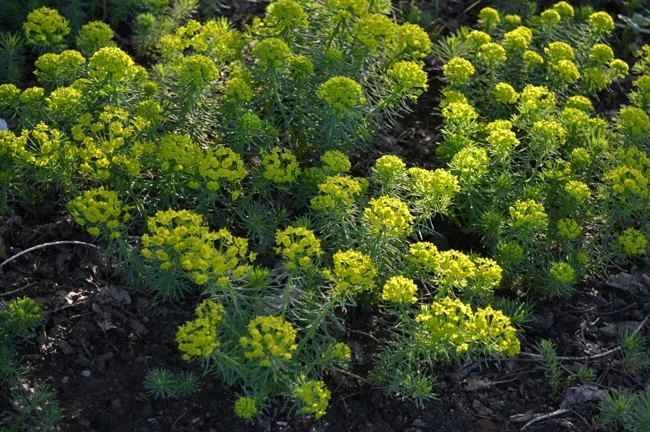
Physalis is found at the dacha or on the property of every third summer resident, but the roots of this plant very easily begin to sprout in different directions from the planting site, often not allowing the root systems of neighboring plants to “breathe”, and spreading their growth over meters. 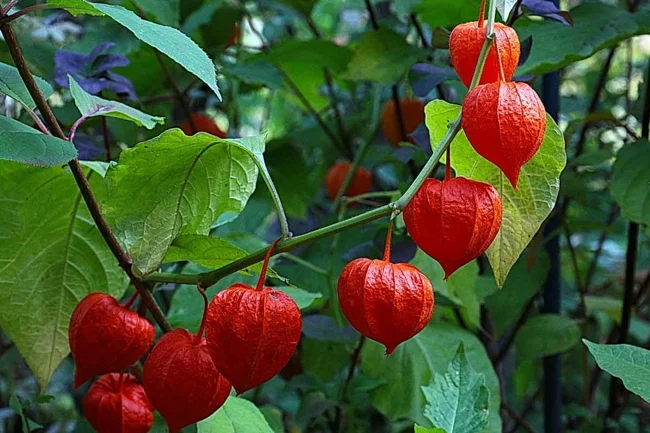
Oxalis or Oxalis - a plant similar to clover, sour in taste and growing in “clearings”, also spreads very quickly. This is noticeable in our forests, where there are entire glades of wood sorrel. 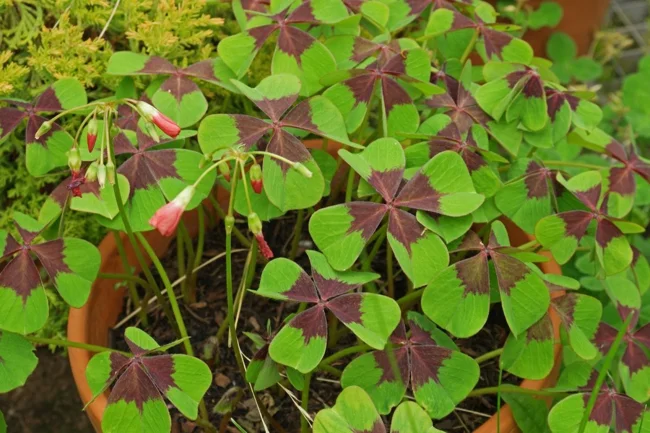
No one plants the familiar sedge in their yard, but this grass is one of the most common weeds in the European part. 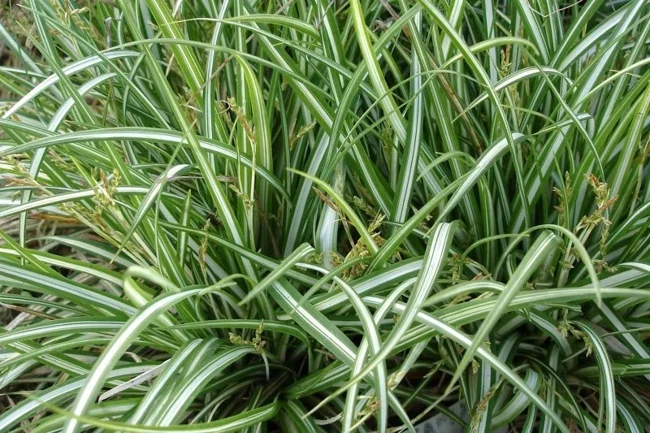
The very beautiful Passiflora captivates many with its bright and unusual inflorescences, but these flowers can literally multiply throughout the garden, especially in spring. 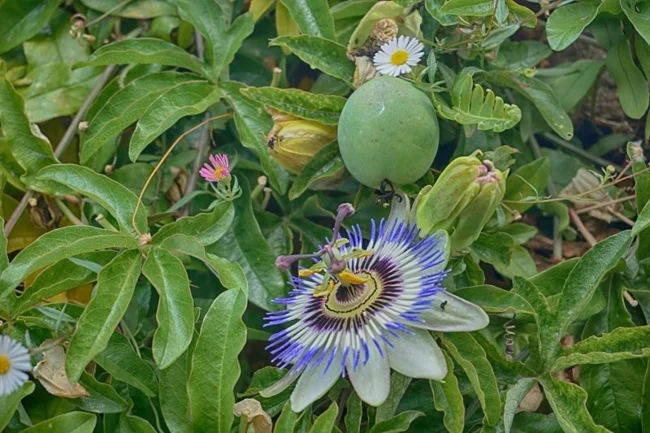
Pheasant berries grow like grapes with vines that can spread beyond their growth.
Kerria is a plant native to Japan. It has bright yellow inflorescences, which attracts gardeners. However, it can create a thicket of bushes very quickly. 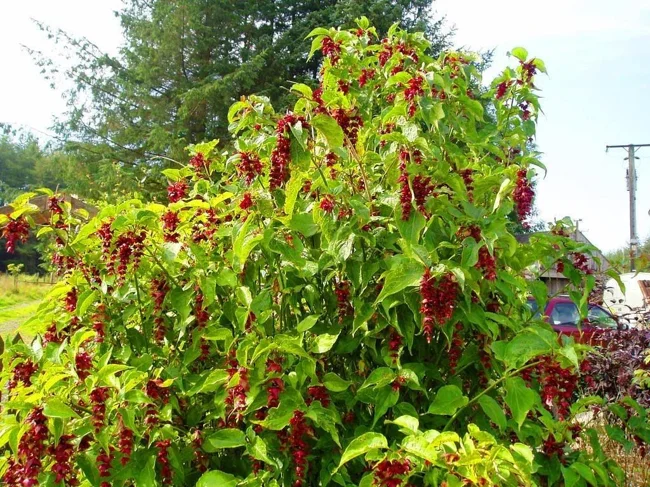
Canadian goldenrod grows as a weed throughout Europe, and in particular it is difficult to eliminate from plots. 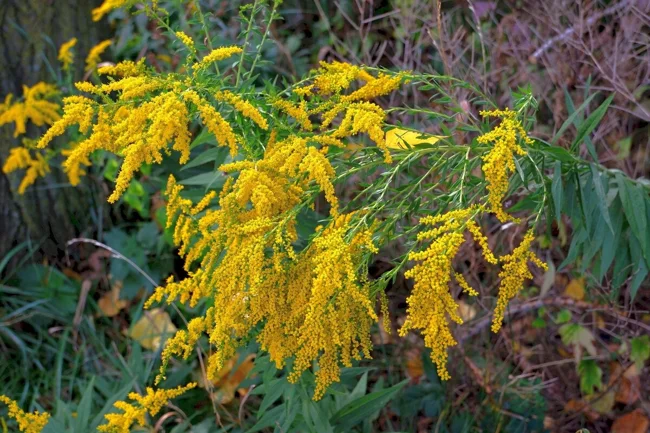
True, all these plants are unlikely to be able to surpass the damned hogweed in their annoyingness. 